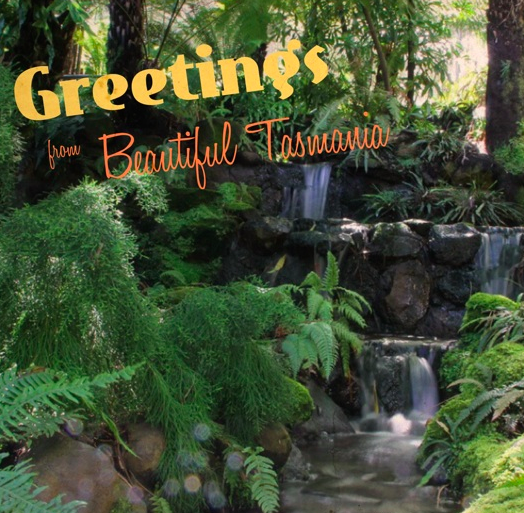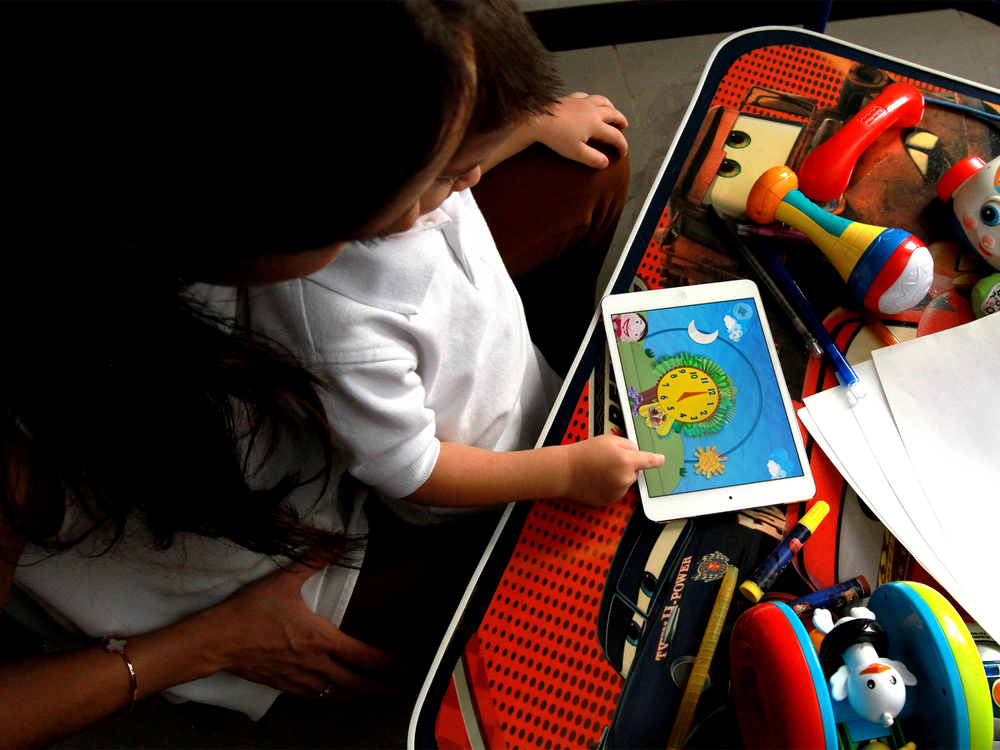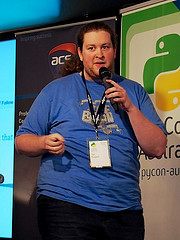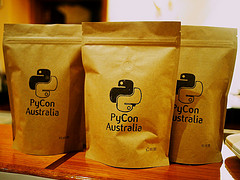SnapTas is a fun little app that we made earlier this month as part of the Go South Awards competition, which is an app development competition down here that's run by the Tasmanian Government. We're pleased to announce that SnapTas won the business category of the competition! Congratulations also to Bappy Golder, who won the individual category in the competition!
If you were a VC we were pitching to, here's how we'd describe it: "Instagram, but for Tasmania, with retro travel post cards."
We made SnapTas because it's harder than it should be to find great examples of people sharing photos and content that shows off what makes Tasmania such a great place to live. Tasmania is world famous for its scenic environment and its high quality of life, and has hundreds of thousands of interstate and international visitors every year. Right now, though, the best way to find pictures that people have shared is to try searching for hashtags on Facebook, Twitter and Instagram.
Every visitor has a different perspective on our beautiful island, and they enjoy sharing them with the world. SnapTas makes it easy to share and discover photos of Tasmania by creating a dedicated social network for both tourists and locals: when you're in Tasmania, take a photo or pick one from your camera roll, and SnapTas makes it look like a delightfully retro 1950's postcard. It's then shared with your Facebook friends, and you can also choose to make your photo available to everyone via the web.
For tourists, SnapTas is a way to share your trip to Tasmania. For locals, it’s a way to share your unique perspective on your home. SnapTas serves as a showcase of the best of Tasmania, and a single point to show potential visitors, or those want to move to our lovely island.
SnapTas also helps you share photos to Twitter and Facebook. The more people seeing Tasmania, the more people coming to visit and sharing their experience on SnapTas!
We used Parse for the backend of SnapTas, which handles user sign-up, data storage, push notifications, and all of the sharing, commenting and liking features. All of the images get rendered on the iPhone before being uploaded.
SnapTas will be available to the public soon.







